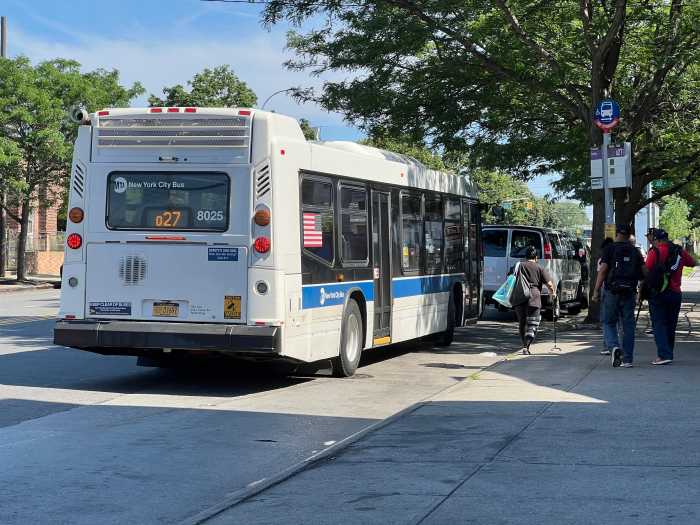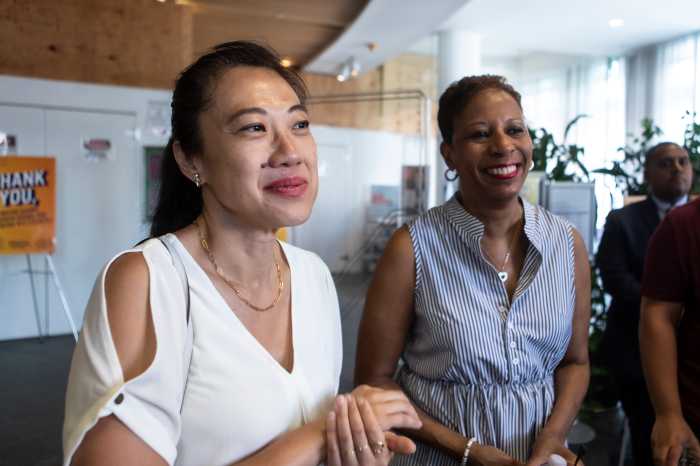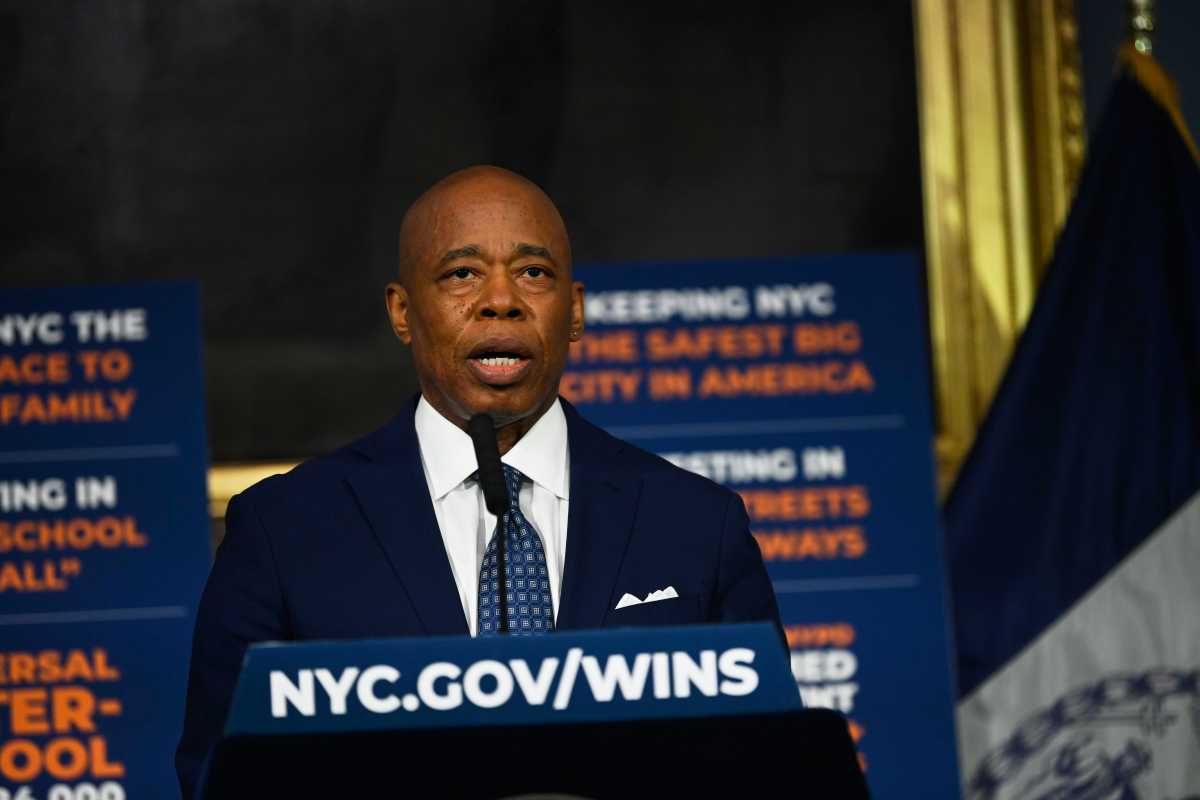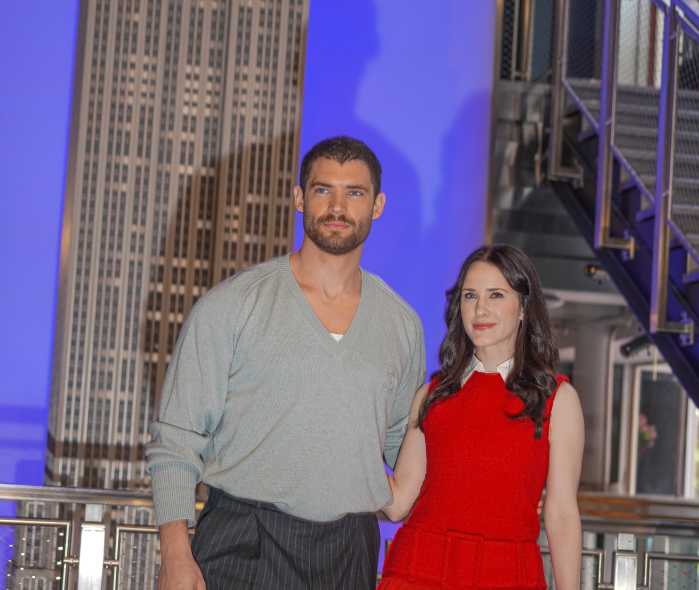For many reasons, New Yorkers dread the upcoming spectacle of the trial of 9/11 mastermind Khalid Sheik Mohammed and four other terrorists in the federal courthouse in Manhattan’s Foley Square. A double ring of security will turn the area into a combination of an armed camp and the airport security lines on the day before Thanksgiving.
Costs are now estimated to run over $200 million per year. Where this money will come from is unknown. It is likely the costs will exceed $1 billion if the five-year legal circus in the Eastern District of Virginia to obtain a guilty plea and sentence 9/11 conspirator Zacarias Moussaoui is any indication.
During this time, the risk of new attacks on New York will be heightened, normal life in lower Manhattan will be shattered and New Yorkers will be forced to relive a psychological trauma which is still all too fresh for us.
An additional concern which has received little mention in light of all the other serious drawbacks of holding the terrorist trial in New York is the impact on our already overburdened court system. The U.S. Judicial Conference’s annual survey data indicates New York’s Southern District is the second-busiest federal district court in the country, with 21,821 civil cases and 3,550 criminal cases pending in 2008 — the last year for which information is available.
The Judicial Conference data also showed that, throughout the federal district court system, terrorism cases have the longest disposition time of any criminal case other than Racketeer Influenced and Corrupt Organizations matters. In 2008, the median terrorism case disposition took 20.1 months — and virtually all these cases were disposed of through guilty pleas. Full-blown trials take much longer.
While the KSM trial is pending, other cases will suffer serious extra delays. During the Moussaoui legal saga in the Eastern District of Virginia, presided over by Judge Leonie Brinkema, I was working on a fraud case which had also been assigned to Brinkema.
The Eastern District of Virginia has been nicknamed the “rocket docket” because dispositions are typically much faster there than anywhere else in the country — 9.8 months for civil cases there versus 30.1 months for civil cases in New York’s Southern District in 2008.
But the Moussaoui case kept Brinkema so busy she almost never had time to deal with our case. Even an unopposed motion sat on her desk for months. New York citizens who seek justice in the already overburdened Southern District Court of New York cannot afford additional years of delays. Chalk up one more reason for using lawful military commissions and moving these trials out of New York.
Liz Berney
Great Neck





































